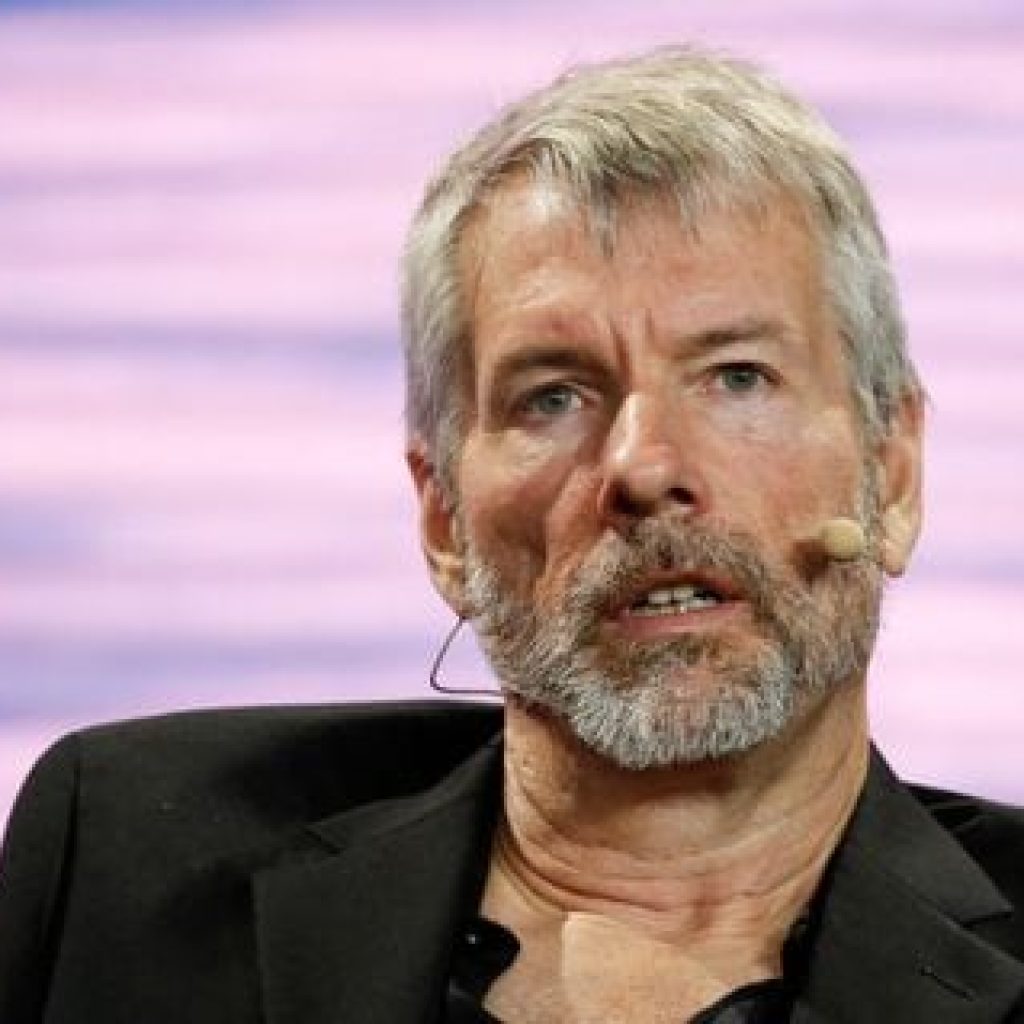The founder of the darknet marketplace Silk Road which dealt exclusively with Bitcoin, Ross Ulbricht, recently announced that he had spent 10 years in prison. Despite his fraudulent actions, Ulbricht is a popular figure in the crypto community as he is believed to have contributed to the accelerated adoption of the flagship cryptocurrency, Bitcoin.
Silk Road And Bitcoin Adoption
Silk Road was an online black platform that was used to facilitate illegal activities, including drug trade and money laundering. Interestingly, Bitcoin was the only currency used to facilitate these transactions, as Ulbricht is said to have been a huge proponent of the flagship cryptocurrency.
According to Ulbricht’s mother, her son created the Silk Road with the intention of providing a “truly free market.” She said he used Bitcoin as the platform’s currency because he believed in the “monetary freedom” that the currency provided.
His actions undoubtedly helped to increase Bitcoin’s utility and popularity (although not necessarily in a good way). In fact, some consider Silk Road as Bitcoin’s “first significant use case” as it exemplified what could be achieved (the good and the bad) with the decentralized currency.
Silk Road is said to have processed as much as $45 million annually in sales (all in Bitcoin). There is no doubt that the platform provided early liquidity to the ecosystem as such figure suggests that there was a massive demand for the currency just as a result of transactions on the Silk Road platform.
Ulbricht Silk Road was even rumored to have been one of the largest holders of BTC at some point. Law enforcement is said to have confiscated a total of 174,000 BTC from Ulbricht and the Silk Road syndicate.
The use of Bitcoin on the platform also provided insight into how Bitcoin (and other cryptocurrencies) could disrupt the financial system and become the go-to option for daily transactions, especially as the world continues to adopt decentralized systems.
Ross Ulbricht Shows Remorse
Meanwhile, the Silk Road founder has continued to express remorse for his actions on his X (formerly Twitter) platform. However, it is believed that a relative manages the page, considering that Ulbricht is still in prison.
In his latest post, announcing 10 years in prison, he admitted that his “poor choices” led him to where he is now, and all that he could do was pray for mercy.
Many have also jumped to his defense and continue to clamor that injustice was done in how his case was handled. Some believe he didn’t deserve the punishment because it didn’t match the crime. Ulbricht’s sentence is life imprisonment without the possibility of parole.




